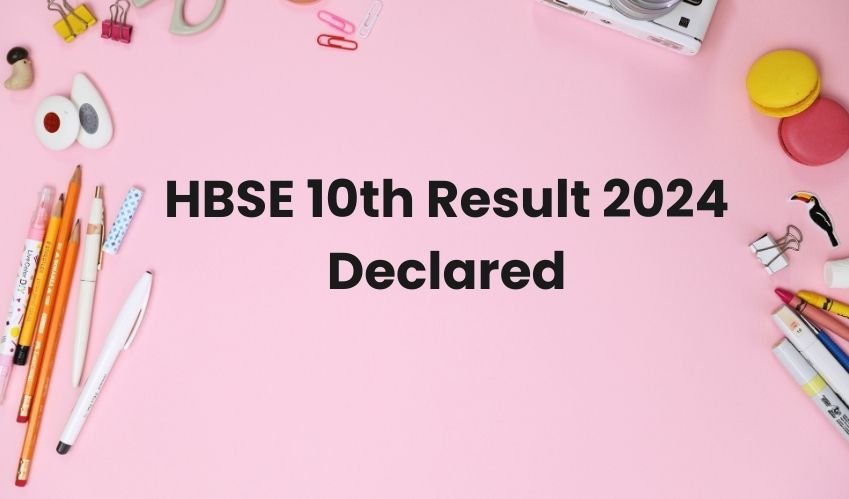The Basics of Workers Compensation Law
When a worker gets hurt on the job, this insurance helps cover medical bills and lost wages. In New York, almost all employers must have this insurance. If you get hurt or sick because of your job, you can get benefits without proving your employer was at fault.
Eligibility for Workers’ Compensation
This means you were hurt while doing your job duties. Even if the injury was your fault, you could still get benefits. However, some injuries are not covered, like those from fighting or using drugs or alcohol.
Reporting an Injury
If you get hurt at work, you need to report it right away. If you wait too long, you might not get benefits. After you report the injury, your employer should give you a claim form to fill out.
Filing a Claim
Once you have the claim form, fill it out and send it to the Workers’ Compensation Board. This board handles all workers’ compensation cases in New York. It’s important to keep copies of all paperwork and follow up if you don’t hear back.
Types of Benefits
There are different types of benefits you can get through workers’ compensation. Medical benefits cover doctor visits, hospital stays, and medications. Wage replacement benefits help if you can’t work because of your injury. You might also get benefits for permanent disabilities if you can’t fully recover.
Medical Benefits
Medical benefits cover all necessary treatment for your work-related injury or illness. This includes visits to doctors, surgery, physical therapy, and even travel expenses to and from medical appointments. It’s important to see a doctor approved by the Board unless it’s an emergency.
Wage Replacement Benefits
If you can’t work because of your injury, you can get wage replacement benefits. In New York, you get two-thirds of your average weekly wage. There is a maximum amount you can receive, which changes every year.
Permanent Disability Benefits
Sometimes, injuries cause lasting problems. If you have a permanent disability, you might get extra benefits. There are two types: Schedule Loss of Use (SLU) and Non-Schedule Permanent Disability. SLU benefits are for specific body parts, like a lost finger. Non-schedule benefits are for more general disabilities.
Vocational Rehabilitation
If your injury means you can’t go back to your old job, you might get help with vocational rehabilitation. This can include training for a new job, help with job searches, and other support to get you back to work. The goal is to help you become self-sufficient again.
Death Benefits
If a worker dies because of a job-related injury or illness, their family can get death benefits. These benefits help cover funeral expenses and provide financial support to the worker’s dependents. The amount depends on the worker’s earnings and the number of dependents.
Legal Assistance
Understanding workers compensation law New York can be tough, and sometimes claims are denied. If you need help, you might want to talk to a lawyer. MLaw Firm is one such place that can provide expert guidance.



